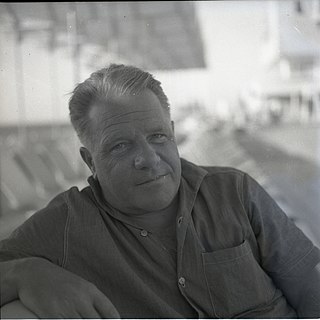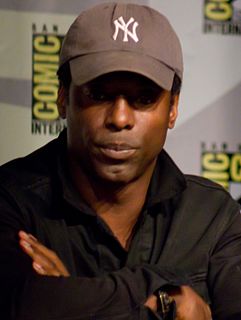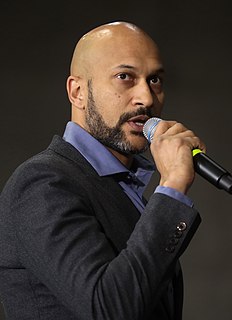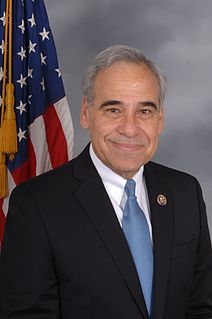Top 1200 Latino Culture Quotes & Sayings - Page 19
Explore popular Latino Culture quotes.
Last updated on December 23, 2024.
Every people, every society, needs a culture of resistance, a culture of being difficult and disobedient, that is the only way they will ever be able to stand up to the inevitable abuse of power by whoever runs the state apparatus, the capitalists, the communists, the socialists, the Gandhians, whoever.
It wouldn't matter whether you were Latino or Hispanic or Norwegian. If you didn't have proof of citizenship and if the police officer had reasonable suspicion, he would ask and verify your citizenship. I mean, that's the way that it is. That's what the federal law says. And that's what the law in Arizona says.
It just never occurred to me that a school’s policy and student culture could make a big difference in the way I would experience my body while on campus. I didn’t think there was anything to choose about a sexual culture. I’d only ever known the one I grew up in. But it did matter, and in ways I wouldn’t have even predicted.
Her voice was slightly accented but her French was perfect. Someone who'd not just learned the language but loved it. And it showed with every syllable. Gamache knew it was impossible to split language from culture. That without one the other withered. To love the language was to respect the culture.
[Donald] Trump is explained with the intersection of a number of things: our economic crisis, the way it's easier to blame immigrants, with the happenstance that he discovered that by bashing Latino immigrants and characterizing them as "rapists" and "murderers" and "scumbags," suddenly he's got this groundswell of support from a group of people who were raised on this vocabulary.
Francis Scott Fitzgerald really read culture pretty damn clearly. It was he who understood that artistic achievement, really imaginative work, goes where the money is. Where people can afford to buy books and paintings. He linked money - not always in a positive way - to being able to encourage culture.
The idea that we live in a post-modern culture is a myth. In fact a post-modern culture is an impossibility; it would be utterly unlivable. Nobody is a post-modernist when it comes to reading the labels on a medicine bottle versus a box of rat poison! You better believe that texts have objective meaning!
I really feel concerned about young people within our present culture. Our present culture, we have to change. Change is inevitable and I wasn't raised in our present culture but it has great pressure that as a young person I never had. Material pressure, social pressure, visual pressure, how you look, and I just try to appeal to young people to think for themselves, to be their own person, and to ask questions and also be very attentive to our planet and our environment.
I don't necessarily believe that 'The Cosby Show' should disappear as a cultural reference, but it is. That's sad to me. I understand why. He was a man who possibly did some really bad things, and he should be punished beyond a doubt. But that show, and the impact it had not just on black culture, but culture, was amazing.
Somewhere in the child, somewhere in the adult, there is a hard, irreducible, stubborn core of biological urgency, and biological necessity, and biological reason that culture cannot reach and that reserves the right, which sooner or later it will exercise, to judge the culture and resist and revise it.
I don't think every African-American or Latino have the same body type, but, yes, that's been one of the excuses ... saying that African-Americans are too muscular or just aren't lean enough. Usually they say, "Oh, they have flat feet so they just don't have the flexibility that it takes to create the line in a point shoe."
We face a conflict between civilisation and culture, which used to be on the same side. Civilisation means rational reflection, material wellbeing, individual autonomy and ironic self-doubt; culture means a form of life that is customary, collective, passionate, spontaneous, unreflective and irrational.
We face a conflict between civilisation and culture, which used to be on the same side. Civilisation means rational reflection, material wellbeing, individual autonomy and ironic self-doubt; culture means a form of life that is customary, collective, passionate, spontaneous, unreflective and arational.
The pedagogy of authoritarianism is alive and well in the United States, and its repression of public memory takes place not only through the screen culture and institutional apparatuses of conformity, but is also reproduced through a culture of fear and a carceral state that imprisons more people than any other country in the world.
Puffy's contribution to hip-hop culture was the remix. He offered us the music that his mom played in front of him, with newer drums and younger artists. That worked, and will consistently be there. The remix comes right after the original record, that's something Puffy did to influence the culture.
As the end of the century approaches, all our culture is like the culture of flies at the beginning of winter. Having lost their agility, dreamy and demented, they turn slowly about the window in the first icy mists of morning. They give themselves a last wash and brush-up, their oscillated eyes roll, and they fall down the curtains.
Once you have an innovation culture, even those who are not scientists or engineers - poets, actors, journalists - they, as communities, embrace the meaning of what it is to be scientifically literate. They embrace the concept of an innovation culture. They vote in ways that promote it. They don't fight science and they don't fight technology.
Like all people, we perceive the version of reality that our culture communicates. Like others having or living in more than one culture, we get multiple, often opposing messages. The coming together of two self-consistent but habitually incomparable frames of reference causes un choque, a cultural collision.
In times of totalitarian or autocratic rule, music (indeed culture in general) is often the only avenue of independent thought. It is the only way people can meet as equals, and exchange ideas. Culture then becomes primarily the voice of the oppressed and it takes over from politics as a driving force for change.
I speak a lot about what I call "the trance of unworthiness" which is really epidemic in our culture, this sense of "I'm not enough," or "something's wrong with me." Most of us have some level of it because our culture has all these standards (handed down through our families) of what it means to be okay.
Generally speaking, I don't think people know a great deal about the Viking culture, apart from the label that is usually attached to them, either pillagers or deviants who came and brought back loot to Norway. It was an incredibly sophisticated, complex and layered culture. They had their own laws, many of which protected women.
What has our culture lost in 1980 that the avant-garde had in 1890? Ebullience, idealism, confidence, the belief that there was plenty of territory to explore, and above all the sense that art, in the most disinterested and noble way, could find the necessary metaphors by which a radically changing culture could be explained to its inhabitants.

























































